Professional Dancers’
Graduate Teaching Diploma
- Programme summary
- Programme breakdown
- Entry requirements
- Programme fees
- Student voices
-
Duration
10 months, part-time -
Apply by
Apply now to start in February 2026. -
Location:
Online induction, distance learning, onsite intensive study period and teaching placement -
Application
Via Registry, RAD -
Start
UK - February 2026
Australia - February 2026 -
Language
English -
Level/Credits
Level 6 (80 credits)
The Professional Dancers’ Graduate Teaching Diploma will allow you to prepare for a new career in teaching and gain an internationally renowned RAD teaching qualification.
This innovative and industry-relevant Graduate Teaching Diploma is delivered by distance learning over 10 months (February-November) with a two week onsite Intensive Study Period, and a mentored teaching placement, that can be studied around your rehearsal, performance and other work commitments.
By studying the Professional Dancers’ Graduate Teaching Diploma you will gain a secure platform for a lifelong career in dance teaching.

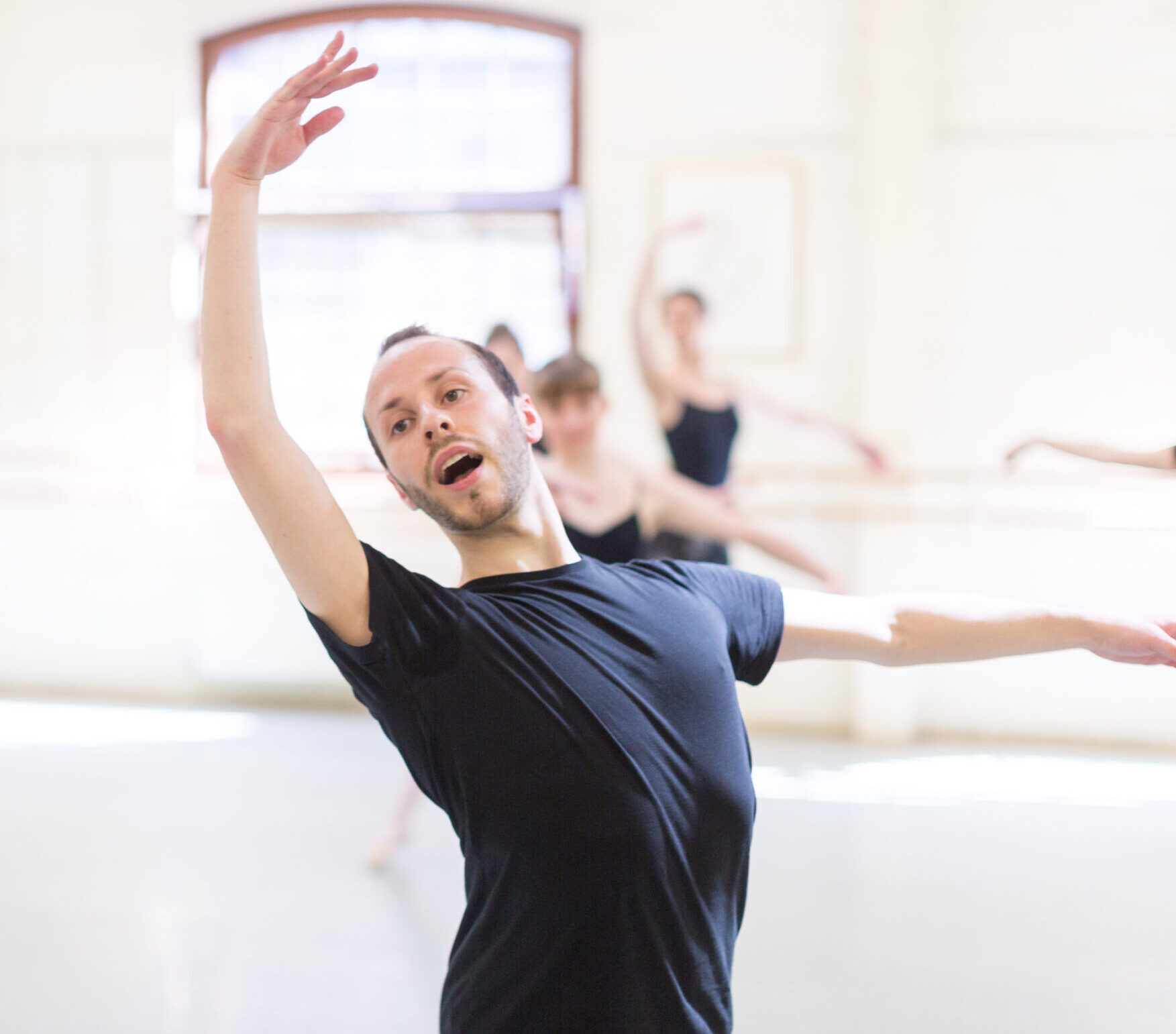
Your student experience
At the start of the programme, you will attend an online induction with cohorts from both the UK and Australia. You will be guided through the essentials of the programme as well as introducing you to key study skills to prepare you for your studies. Two modules, delivered by distance learning will follow where you will be supported by experienced tutors with online tutorials. Mid-way through the programme, you will attend a two week onsite Intensive Study Period (in the programme location). The ISP will comprise of practical sessions, practice teaching opportunities, lectures, seminars, discussion groups and tutorials. You will complete the programme with a teaching placement in a dance school/teaching context of your choice, where you will be supported by a Mentor and RAD Practical Teaching Tutor.
Assessment mode
Modules are assessed through a range of written and practical tasks, including a recorded presentation, a practical teaching examination and viva voce, and a written essay.
Employment prospects
Graduates are well placed to work in the private, vocational and community dance sectors, or in a range of international teaching contexts with many becoming mentors and tutors for the RAD. The programme includes some study of the syllabi and examinations of the RAD, so that graduates are eligible for Registered Teacher Status.
Award
Successful completion of the programme leads to the award of the Professional Dancers’ Graduate Teaching Diploma, and eligibility for registration as a dance teacher with the RAD.
Further study and career development
Graduates may apply for the Master of Arts in Education (Dance Teaching), providing they meet the English Language requirements and successfully complete an Access Module. The RAD engages graduates from its professional dancers programme for teaching on summer schools and other events.
Dance Teaching as Professional Practice (20 credits)
Delivered over 10 weeks February – April via distance learning and virtual tutorials.
This module will develop your understanding of dance teaching as a profession through an in-depth exploration of some of the widely held values, beliefs and attitudes of what it is to be a dance teacher. You will examine these values, beliefs and attitudes against professional and regulatory expectations of dance teachers and teaching more generally. Through self-reflection and independent research, you will consider how the roles of dance teachers are influenced and shaped when teaching in non-formal, formal and informal dance education and training settings. You will be introduced to reflective practice, a core skill for effective learning and teaching, as a cognitive framework through which you will be able to engage in critical evaluation of your own teaching and your future role as a professional dance teacher.
Dance Teaching as Educational Practice (20 credits)
Delivered over 10 weeks April – end July via distance learning and virtual tutorials.
In this module you will develop knowledge and understanding of learning and teaching in dance education and training by critically engaging with selected educational and training theories, approaches and strategies. You will consider how these approaches and strategies can be applied to different types of learners, different age groups, and different learning experiences and contexts. You will identify and critically evaluate how educational theories can inform and support effective teaching, in both planning and the practice of teaching.
Dance Teaching as Applied Practice (40 credits)
Delivered over 20 weeks July – November to include a two-week Intensive Study Period (normally July in London or Sydney) and a Teaching Placement of 10 weeks.
In this module, you will draw on the knowledge, understanding and skills from Dance Teaching as Professional Practice and Dance Teaching as Educational Practice and topics covered in the Intensive Study Period. You will devise and deliver effective dance classes which are progressive, safe and creative. You will be expected to seek opportunities to extend and refine your teaching skills in your selected dance teaching context with increasing independence and professionalism, informed by your knowledge of current educational and training theories and practices.
Programme Specification
The detailed aims and learning outcomes of the Professional Dancers’ Graduate Teaching Diploma are available in the programme specification.
Entry requirements
You will need to have significant professional performance experience as a dancer with an established dance company, theatre organisation or dance production.
Applicants whose first language is not English
If you are applying for a programme where an English Language Proficiency test is required, you must achieve one of the following qualifications:
-
International English Language Testing System (IELTS) academic: band 6.5 overall, with a minimum of 6.0 in each of the subtests. The IELTS test must have been taken no earlier than two years before the date of the start date of the programme.
Validated by:
-
Duration
10 months, part-time -
Apply By
Apply now to start in February 2026. -
Location:
Online induction, distance learning, onsite intensive study period and teaching placement -
Application
Via Registry, RAD -
Start
UK - February 2026
Australia - February 2026 -
Language
English -
Level/Credits
Level 6 (80 credits)
Fees for 2025/26
Faculty of Education graduates who go on to study for a postgraduate award delivered by the RAD or further study of an RAD award can benefit from a discount in tuition fees. Tuition fees are invoiced in instalments for each programme as appropriate.
Awards, bursaries and hardship funds
We are committed to providing support to students who wish to develop their skills and knowledge through study and we offer a limited number of awards, bursaries and hardship funds for specific purposes. The application forms and submission deadlines can be found under ‘Fees and funding’ on the RAD website.
Concessionary entry
A fee may be payable for programmes where applicants can submit a concessionary entry task. Further information on concessionary entry and associated costs can be found at How to Apply.
For information on planning your budget and typical programme costs, such as dancewear, equipment, accommodation and travel, please see HE Fees.
Funding opportunities
To find out more about UK bursary support available from the Headley Trust grant for this programme please visit United Kingdom | Financing your studies
Retraining Grants from Dancers’ Career Development
For professional dancers’ who may need to seek funding for their career progression, the Dancers’ Career Development provide a range of Transition Support Programmes to professional dancers who are embarking on a post-performance career, including the opportunity to apply for Retraining Grants. To be eligible for funding, applicants should have completed at least eight years as a professional dancer, with at least five of those years spent in the UK. Applicants may also be able to apply on medical grounds if they cannot fulfil these criteria.
You must apply to DCD by Monday 3 June 2025 to be considered for funding for the 2025 RAD Professional Dancers’ Graduate Teaching Diploma, London UK programme. You should make your application by this date regardless of whether you have confirmed your place on the course. Late applications cannot be considered.
Please note that any grants available are unlikely to cover the full cost of your retraining.
For more information, please contact the Dancer Support and Programmes Team on 020 7831 1449 or email dancers@thedcd.org.uk.
Distance learning (part-time)
UK
for the academic year, plus £130 registration fee on enrolment.
Australia
for the academic year, plus £130 registration fee on enrolment.
We are very proud of our students and graduates here at the RAD.
Read about their different student experiences and where they are now through our Student Voices.
Daniel Mulligan
-
Graduate
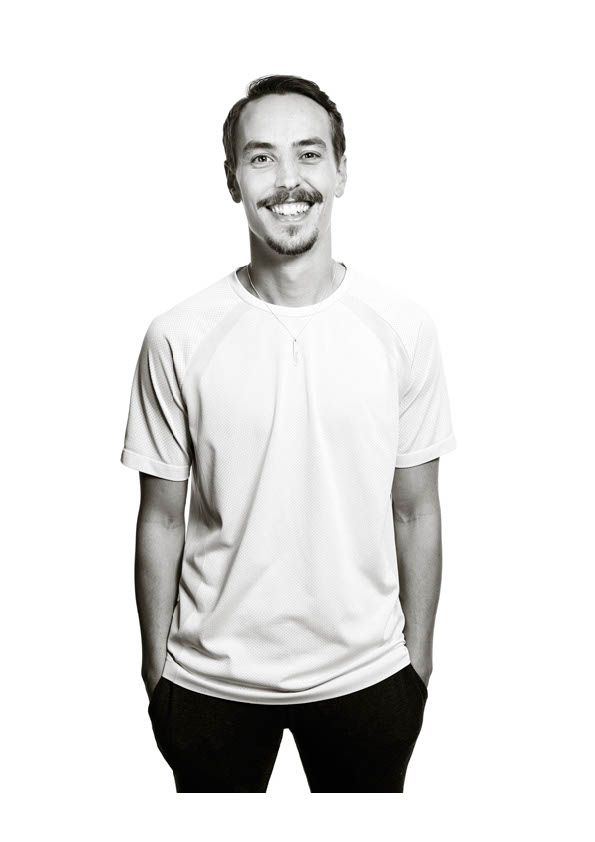
My name is Daniel Mulligan, and I am a dancer with Ballett Zürich. I joined the company after graduating from the Royal Ballet School in 2007. I have been fortunate enough to work with a number of different choreographers on creations and existing works from the 20th and 21st centuries.
I decided to apply for the professional dancers’ teaching programme after receiving an introduction to the course from the RAD in Zürich. My interest was piqued as I liked the idea of teaching in the future, but I was not sure where or how I wanted to further my skills in this field. In the dance world, people often learn about teaching on the job but I have always felt a deeper desire to learn about pedagogy and how to teach, in order to be the best possible teacher I can be. I also really liked the fact that the course was designed to fit around the busy lifestyle of a professional dancer.
The programme opened up a new world of possibilities to me around the subject of teaching, and I believe I am able to take a much more rounded and educated approach to teaching now that I have completed the course. I would recommend the programme to any dancer who plans to teach at any level, whether it be children, adults, or professionals as I personally feel much more prepared to tackle the various demands that are placed on a dance educator.
One of the main thing I took from my studies was the ability to critically analyse my approach to teaching, alongside the educational and psychological methods of learning that students and dancers experience. I also found a desire to research deeper into topics that inspire me and I have set myself on a path to continuous learning and exploration!
Photo: Jos Schmid
Natasia Petracic
-
Graduate
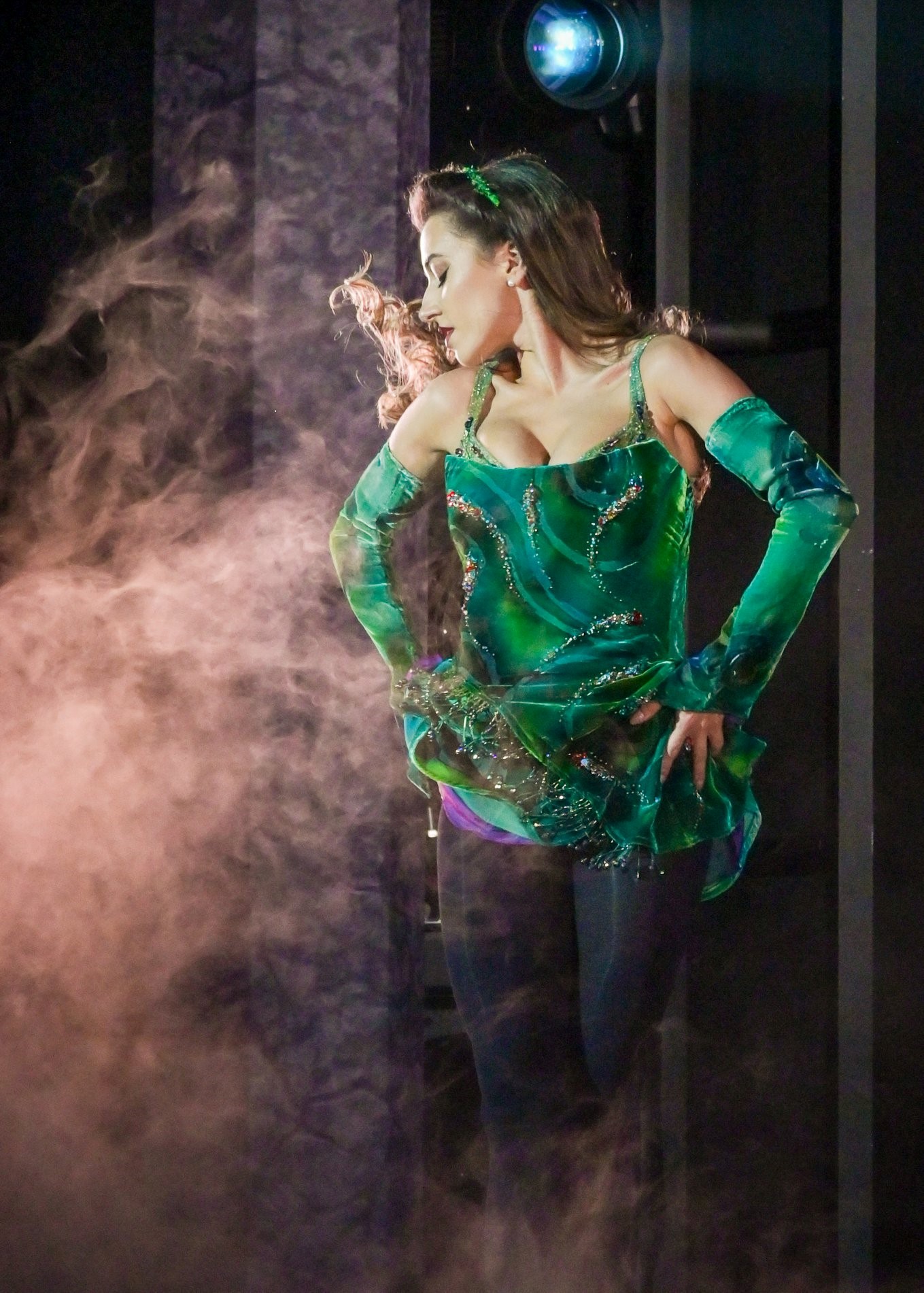
The Professional Dancers’ Programme could not have come at a more perfect time for me as I was beginning my transition from my professional career overseas to moving back to Australia. After 10 years touring the world with Riverdance, I knew that the next step for me was to get my teaching qualification with the Royal Academy of Dance.
I grew up learning dance in various styles, RAD classical ballet, Irish dance, tap and jazz, therefore when I was guided to this specific course by the RAD, I knew it was the right fit for me. The programme is flexible and understanding for the student in mind and more importantly it was wonderful to study alongside a community of like-minded people.
This programme enabled me to broaden my teaching skills in different areas as the emphasis is on how you teach not what you teach. I would recommend this course for any artist wanting to gain their RAD Ballet teaching certification. It is the perfect building block to further enhance your dancing and teaching journey.
Photo credits: Jack Hartin and Riverdance and Heartbeat of Home.

Gudrun Bojesen
-
Graduate
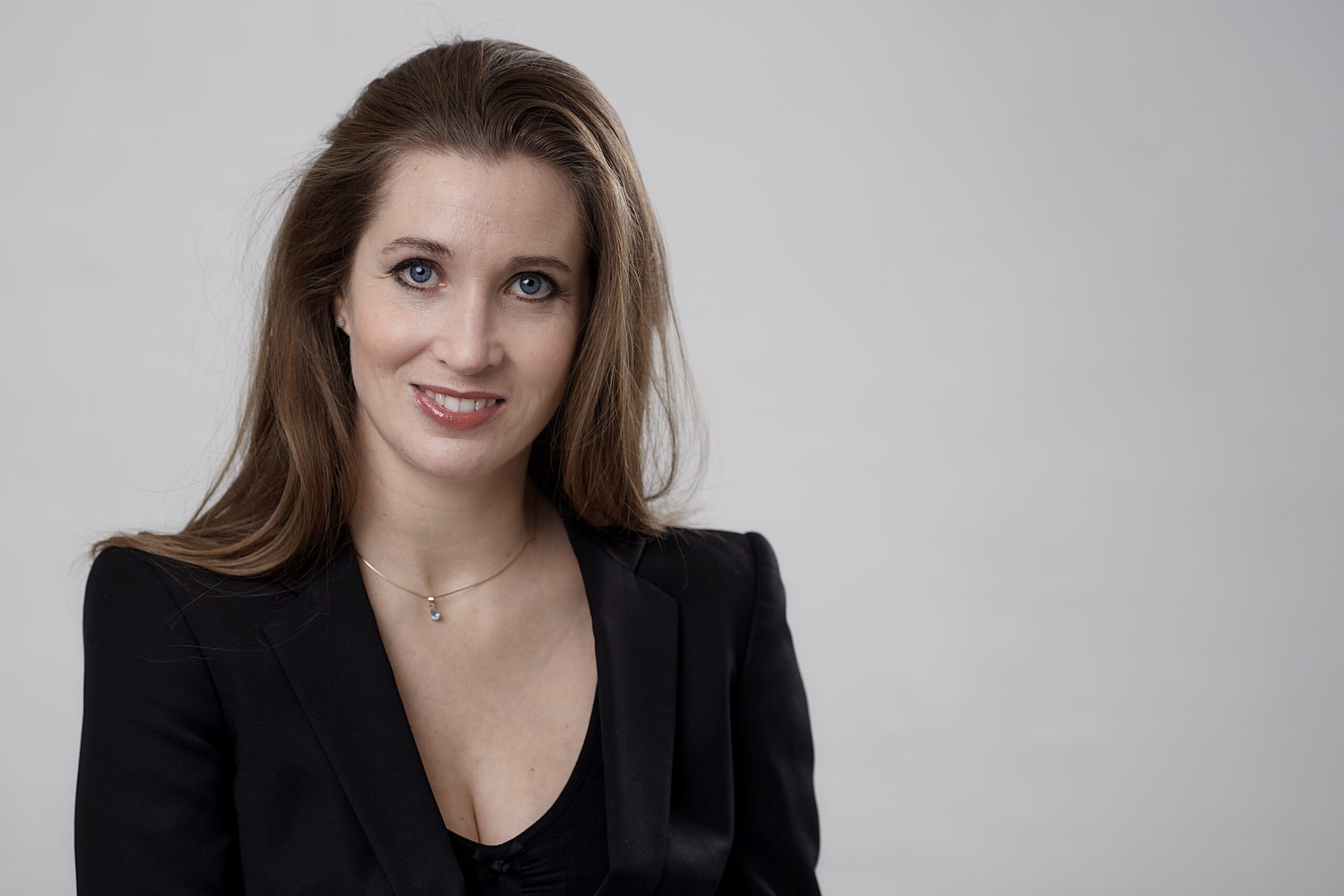
My name is Gudrun Johanne Bojesen, but in the ballet world I am known as Gudrun Bojesen, former Principal dancer with the Royal Danish Ballet, Denmark.
I have always loved music and joined the Royal Danish Ballet School in 1984. The theatre environment had a positive effect on the ballet school which was situated in the same building and our training was strongly influenced by the tradition of Bournonville. Our daily training, on the other hand consisted of the Canadian system introduced by Betty Oliphant, which gave us a great base and understanding of placement which left me curious about different ballet techniques later in life.
I retired in 2016 and it was because of the many different training systems I had experienced that decided to educate myself in order to find my own way as ballet teacher. I was fortunate enough to take over a privately owned ballet school in 2021, which was RAD based, so decided to study this method in detail.
The professional dancers’ teaching programme gave a deep insight in the art of teaching and led me through academic material I otherwise never would have encountered. It also gave me a possibility to meet different cultures and categorise each style. It enriched my teaching vocabulary and even though it will take years for me to find my personal style, I now have a base from where to go.
I wish future students and teachers light on their pathway and inspiration throughout their lives.
Photo: Jan Christensen
George-Murray Nightingale
-
Graduate
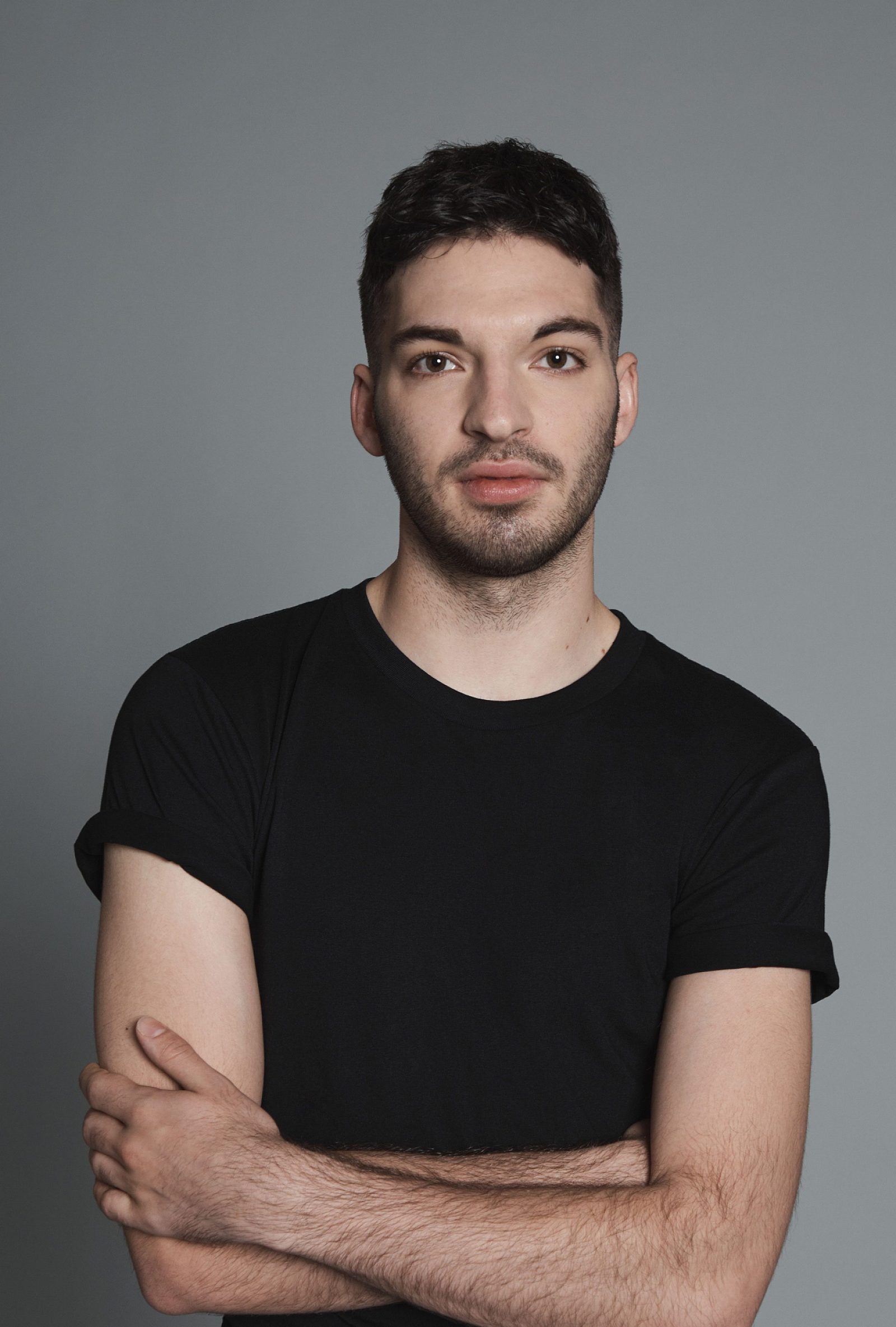
I am originally from Manchester, UK and trained at The Hammond School, Chester and English National Ballet School, London. Upon graduating, I was invited to join The National Ballet of Romania by Johan Kobborg and later moved to The Royal Ballet of Flanders, Antwerp as a guest artist. In 2017 I joined The Australian Ballet and was promoted to Coryphée.
My classical ballet training got its strong foundation from The Royal Academy of Dance and the teachers taught me the importance of the syllabus. During the covid-19 pandemic, I had time to think about what I wanted to do post dancing professionally, which led me to retrain as a ballet teacher on RAD’s professional dancers’ teaching programme.
I was attracted to the programme because it’s been specifically shaped for professional dancers in the industry looking to further their studies as a teacher, focusing on specific teaching styles and how to make ballet accessible for everyone. Because I am in the studio as a dancer each day, I found it interesting to learn how to create a classroom culture and use a variety of teaching styles and tools for different types of learners.
I would recommend the professional dancers programme to any dancer out there wanting to retrain as a teacher as it gives you a strong foundation to create your own teaching style. Once you create a signature style of teaching you will have confidence to enter any studio and deliver a class with flair, appealing to all your students.
